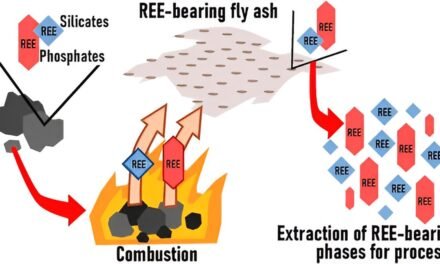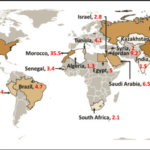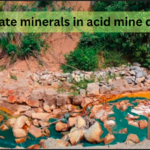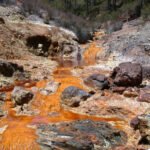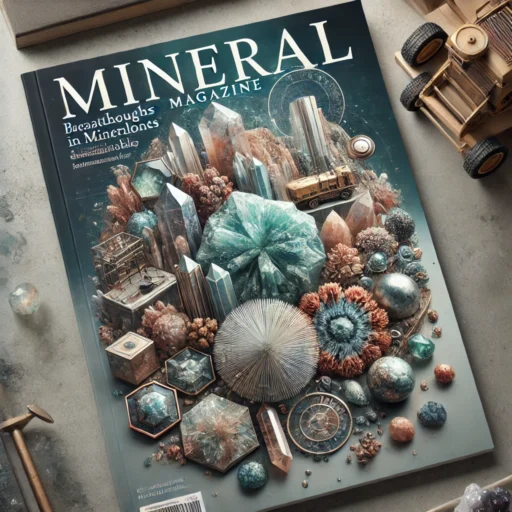In August 2021, Pallavaram municipality officials informed the National Green Tribunal (NGT) that they had completed the biomining of solid waste at Pallavaram Lake. However, a subsequent inspection revealed that substantial waste remained on the site. Residents and activists contended that only a portion of the accumulated waste had been addressed, leaving the majority untouched. This discrepancy raised concerns about the thoroughness of the biomining process and the potential environmental impact on the surrounding community.
The Pallavaram Lake, once a vital water source, has suffered from encroachment and pollution over the years. Efforts to restore the lake have been hindered by challenges such as untreated sewage and garbage dumping. The incomplete biomining process has further exacerbated these issues, leading to a decline in water quality and availability for residents.
In response to the ongoing concerns, the NGT directed the Tamil Nadu Pollution Control Board and the joint-committee to submit a status report on the matter. The tribunal expressed dissatisfaction with the authorities’ previous lack of compliance and emphasized the need for prompt action to address the waste management issues at Pallavaram Lake.
The situation at Pallavaram Lake underscores the complexities involved in urban waste management and the importance of transparent communication between officials and residents. It highlights the necessity for comprehensive and effective biomining strategies to ensure environmental restoration and public health.


